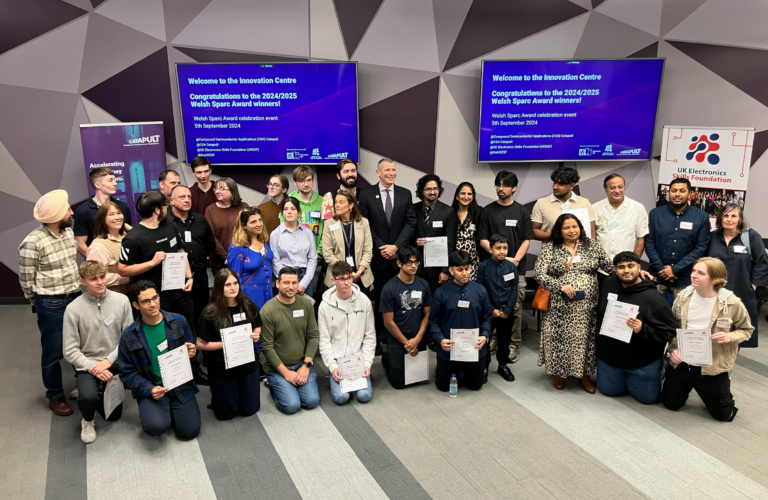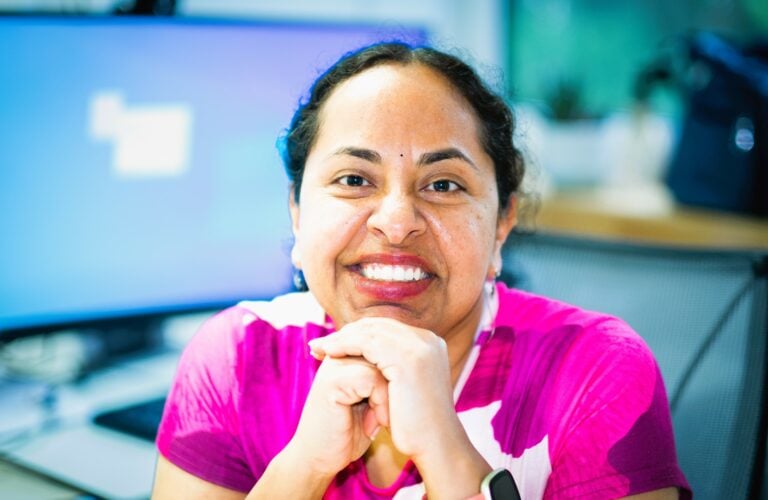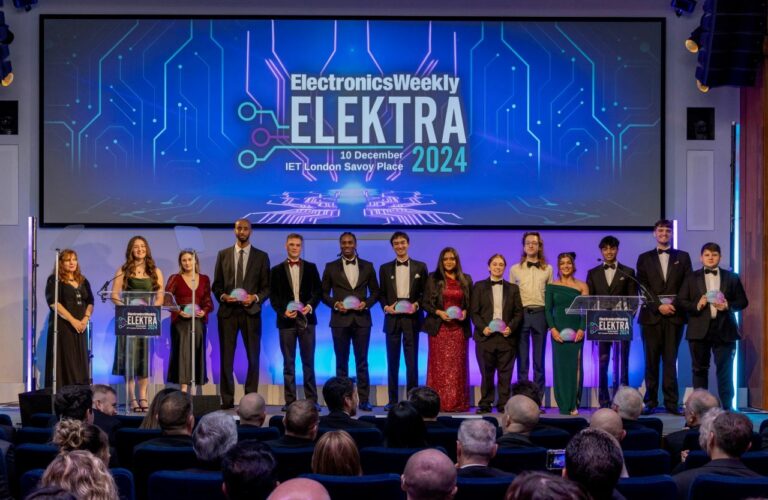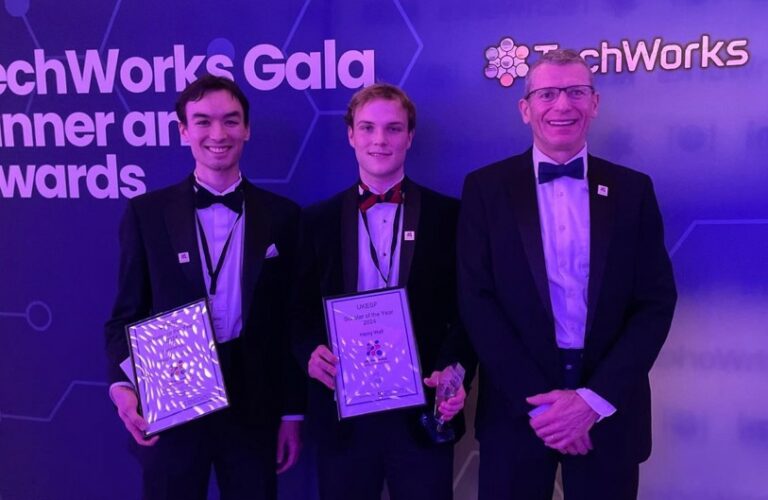“Different types of people have different types of thinking… having a different way to approach something is useful.”
Khadijah Ismail to the BBC
A recent article on the BBC website has drawn attention to the lack of girls studying Electronics, as well as the difficulty of finding an academic institution offering the A-level, regardless of gender.
Khadijah Ismail always had a passion for Maths and Physics, and at age 16 won an Arkwright Engineering Scholarship. When it came to choosing her A-levels, however, she was disappointed that Electronics was not offered at her all-girls school. As few as 5% of the couple of hundred students who undertake A-level Electronics each year are girls, and the subject is now only offered by one exam board. Rather than give up, Khadijah elected to study the subject at the boys’ school next door, becoming the only girl in the class. Despite the initial shock of the “boys’ armpit smell” and not having “the confidence at the start to talk in class and contribute usefully”, she got stuck in and soon found her enthusiasm returning for this “amazing” subject.
Khadijah is now in the midst of a five-year degree apprenticeship in aerospace engineering, which attracted her because of the opportunity to gain practical experience alongside her degree. She was again the only girl in her year to opt for an apprenticeship; in the UK, only 8% of engineering apprentices are female. The UKESF recently highlighted degree apprenticeships in Electronics with a factsheet for employers – download it here.
The Smallpeice Trust, who the UKESF partner with to run STEM days and university taster courses, also featured in the article, as Khadijah volunteers with them by giving talks in schools and mentoring teenagers with engineering potential. Smallpeice Chief Executive Dr Kevin P Stenson said, “[We] need to recruit as many people as we can which means you need to recruit from 100% of the population. Female students, state school children, black and minority ethnic students, they are all under-represented, and engineering is for everybody in the UK, so we have to show and reflect that in our programmes.”
Read the full article over on the BBC website.




